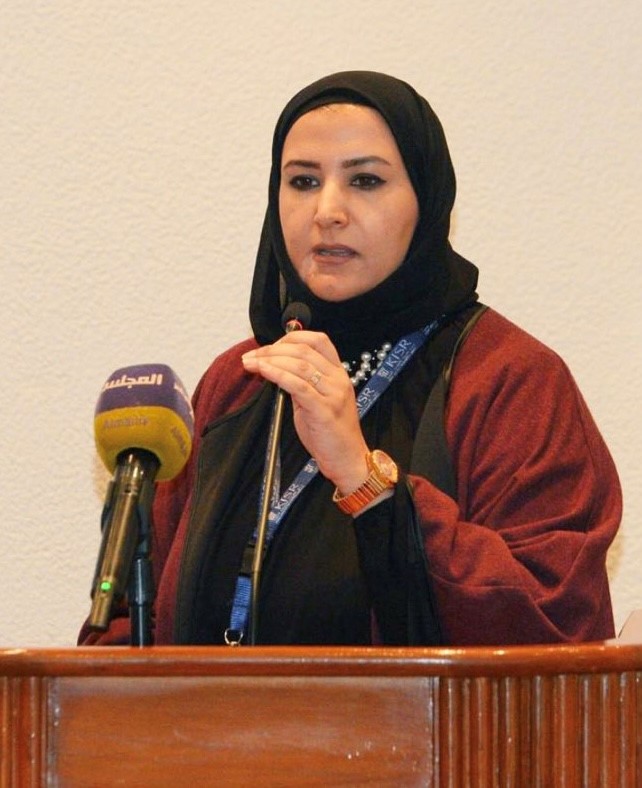12/10/2025
17:30 - 18:00
IUCN Arabia
, Onsite
Session with interpretation
Why attend
Armed conflicts devastate ecosystems and biodiversity, leaving long-lasting impacts on people and nature. This session highlights legal, ethical, and practical frameworks for protecting the environment during conflicts, offering participants strategies, case studies, and pathways for resilience, justice, and peacebuilding in fragile regions.
Session Description
Armed conflicts severely impact biodiversity and ecosystems through habitat destruction, pollution, and overexploitation of natural resources. The 1991 Gulf War oil spills devastated marine ecosystems in the Arabian Gulf, while deforestation and poaching during conflicts in Central Africa accelerated the decline of endangered species such as gorillas and elephants. Beyond immediate damage, conflicts disrupt conservation governance and hinder ecological recovery, threatening both nature and human well-being. Protecting the environment in war zones requires integrating international humanitarian law, environmental treaties, and conservation practices. Frameworks developed by the International Union for Conservation of Nature (IUCN) emphasize safeguarding ecosystems, preventing illegal exploitation, and strengthening resilience in post-conflict recovery. Preserving biodiversity during armed conflicts is therefore both a legal and ethical obligation, and a foundation for long-term peace, security, and sustainable development.Organised by
West Asia Region
Partners

